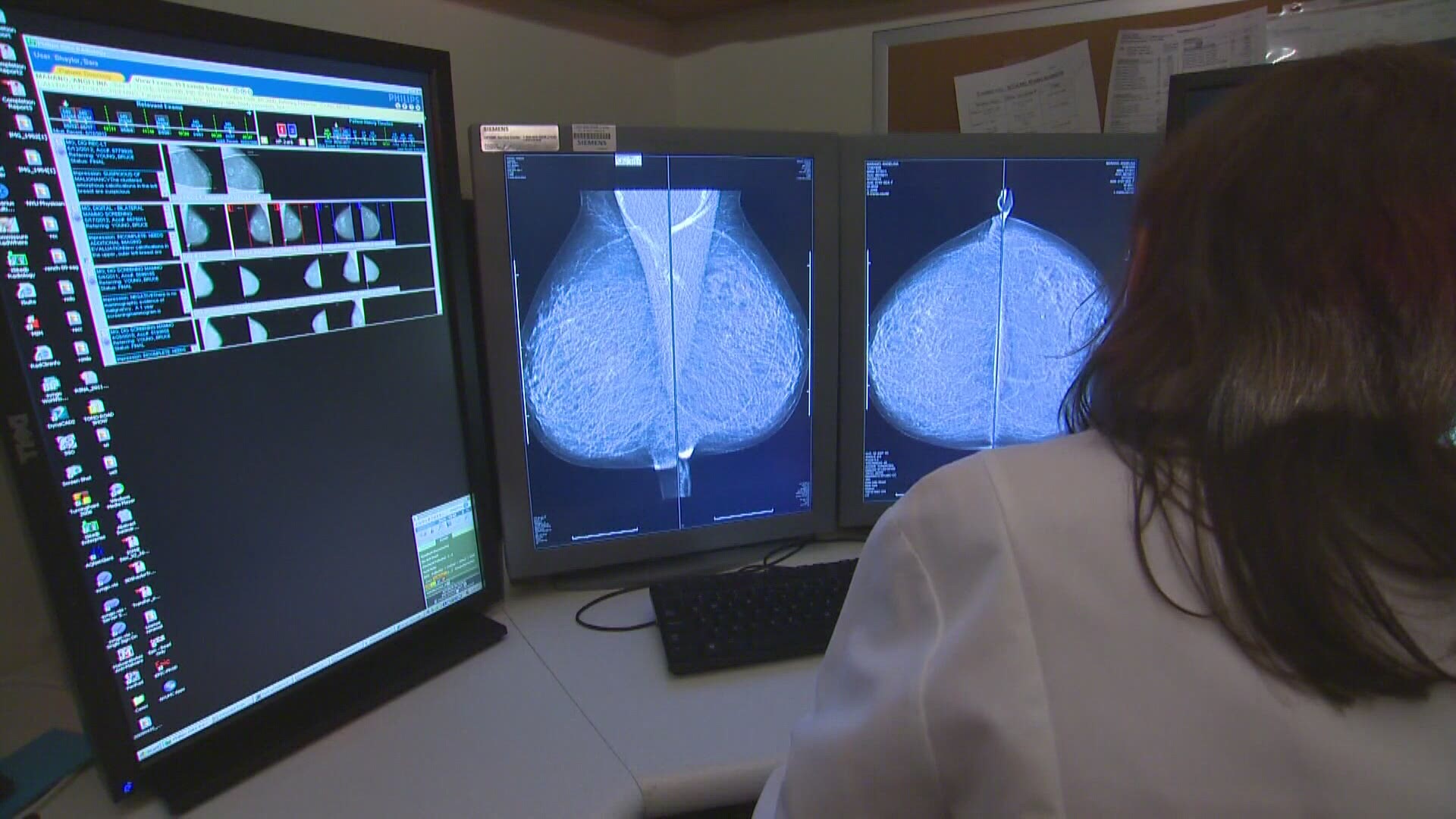May is Women's Health Month, so we're kicking off a new focus for our One Small Change series. For the next four Fridays, Dr. Laurie Birkholz is going to share a different aspect of women's health where a small change could really be beneficial.
She is a board certified Family Medicine physician and fellowship-trained Women's Health specialist who's office is in Holland.
For the first Friday in May our conversation is about breast health.
"Breast health begins with a knowledge of what’s normal for your breasts — something we refer to as self- breast awareness," explained Dr. Birkholz. "It’s never too early, or too late, to get to know our bodies, including breast anatomy and normal development. If you need a tutorial, there are many great resources, but I encourage you to begin with your health care provider. The bottom line is once you know what’s normal for you, you’ll be better equipped to identify changes that might signal a need to see your HCP.
"Just as important as knowing your own body is knowing your family history. Women with close relatives who've been diagnosed with breast cancer have a higher risk of developing the disease. In fact, if you've had one first-degree female relative (sister, mother, daughter) diagnosed with breast cancer, your risk is doubled. If two first-degree relatives have been diagnosed, your risk is 5 times higher than average. In some cases, a strong family history of breast cancer is linked to having an abnormal gene associated with a high risk of breast cancer, such as the BRCA1 or BRCA2 gene. It’s important to talk to your family members – on both sides, maternal and paternal – and share this information with your HCP who can help determine if the pattern of cancers is worrisome and deserves further investigation.
"A conversation about breast health wouldn’t be complete without talking about the importance of early detection through breast cancer screening. For most women this means mammography starting around the age of 40. However, for others at higher risk this may include additional imaging studies such as screening MRI’s or ultrasound.
"At the end of the day, all women are at risk of developing breast cancer in their lifetime. And while many of us are familiar with the “1 in 8” statistic – that is, one in eight women on average will develop breast cancer in their lifetime – we also know that many women are at much higher risk. But it’s not all gloom and doom, friends. The good news is that when armed with the knowledge of your own personal risk paired with healthy habits and appropriate screenings, you can effectively make a difference and lower your risk!
"So, I encourage you to choose “One Small Change” from the following suggestions and take control of your breast health today!"
- Get familiar with your breasts. With time, you'll discover how your breasts vary in sensitivity and texture at different times during your menstrual cycle.
- Talk to your family members on both sides to learn about any history of breast or other cancers that run in the family. And then…
- Schedule a visit to talk to your HCP about your unique, personal risk and what screenings are appropriate for you.
- And remember, when it comes to breast cancer, prevention is key. So consider adopting the following healthy habits to lower your risk:
- Limit alcohol intake to no more than one drink per day.
- Maintain a healthy weight.
- Be physically active.
- Nourish your body with healthy foods like those found in the Mediterranean diet.
- If you’re able, choose to breast feed.
Next week Dr. Birkholz will dive into the importance of pelvic health at ALL ages! Spoiler alert…it’s about more than just continence 😊
For more insights like these, visit Dr. Birkholz' website.
►Make it easy to keep up to date with more stories like this. Download the 13 ON YOUR SIDE app now.
Have a news tip? Email news@13onyourside.com, visit our Facebook page or Twitter. Subscribe to our YouTube channel.

